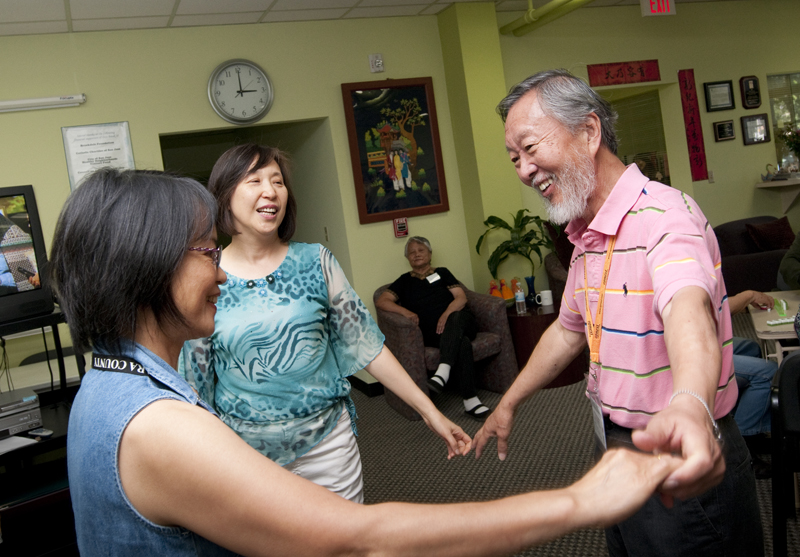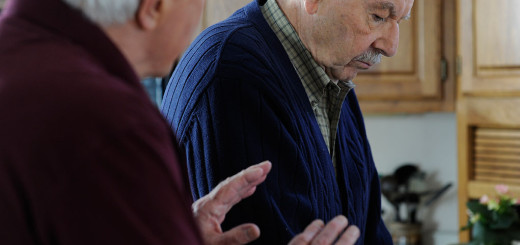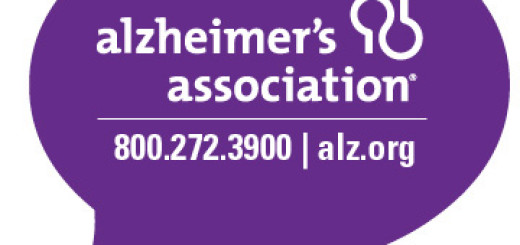Adult Day Health – A Healthy Choice for the Entire Family
 Adult Day Health is an affordable care option that provides your loved one with opportunities for social stimulation and continued independence. Rather than just sitting at home, Adult Day Health provides activities with others in a structured, safe setting, and provides a variety of additional beneficial support services. While each program is different, services may include counseling, personal care, therapies (physical, speech) and nursing care (monitoring existing medical conditions, medication management). Adult Day Health centers are well staffed with knowledgeable personnel, usually with a low client per staff ratio. They are generally geared for those with mild to moderate symptoms. Along with the benefits to your loved one, it can be a great source of affordable respite for care-givers and their families, and can help provide a much-needed solution to care-givers who work outside of their home.
Adult Day Health is an affordable care option that provides your loved one with opportunities for social stimulation and continued independence. Rather than just sitting at home, Adult Day Health provides activities with others in a structured, safe setting, and provides a variety of additional beneficial support services. While each program is different, services may include counseling, personal care, therapies (physical, speech) and nursing care (monitoring existing medical conditions, medication management). Adult Day Health centers are well staffed with knowledgeable personnel, usually with a low client per staff ratio. They are generally geared for those with mild to moderate symptoms. Along with the benefits to your loved one, it can be a great source of affordable respite for care-givers and their families, and can help provide a much-needed solution to care-givers who work outside of their home.
So how do you find the right Adult Day Health center for Mom? Well, you need to do some homework. Check out the Community Resource Finder for nearby centers. Most are run by hospitals, nursing homes, churches or community centers; just make sure you are looking at Adult Day Health versus simply a social program which does not have the additional support services or trained personnel. Many centers specialize on dementia as a key element of their program.
Start by getting basic information: what language is spoken by both care-providers and participants, costs (most accept Medi-Cal and are often available on a sliding scale based on what you can afford), offered services and any participant restrictions (perhaps relating to incontinence, wandering, mobility issues, behavior). Some provide transportation and most provide meals. Once you whittle down that list, go visit your top choice.
First, visit by yourself. Look around and decide”¦does this look like something my loved one would like? Is the “peer” group similar in symptoms, social interaction and activity level? Someone in the early stages of dementia may not feel comfortable in a group consisting of primarily later stage peers. If you think it looks good, find out what is offered that can be a “hook” to get your loved one engaged. Does Mom love music? Maybe there is a music program. Does your spouse love art? Find a program with an art therapy class such as Memories in the Making.
Then it’s time to schedule your loved one’s first visit. Make sure to coincide that with the hook: take Mom to that particular music class. If a sibling or other caregiver on your team is better at convincing Mom to go somewhere she may not want to, have them do it. Expect some pushback until the program becomes more of a routine. A suggestion would be to start with a few short days, maybe twice a week for a few hours. Ask the Day Health personnel to provide you with reinforcement ideas, such as your loved one enjoying a new friend or even a meal on a given day. Anything that can be reinforced will help counteract any pushback.
Sometimes people feel they are being banished, or a caregiver may feel guilty due to some sense they are abandoning their loved one to someone else’s (certainly inferior!) care. The thing to remember is that the longer you as a caregiver can get the respite YOU and your family need, the longer your loved one will be able to remain at home, with some independence. So that is healthy for everyone involved.
Blog written by Alzheimer’s Association Volunteer Diane Blum
Helpful information related to this story
All about adult day centers
Printable brochure: adult day centers
More caregiver tips

















